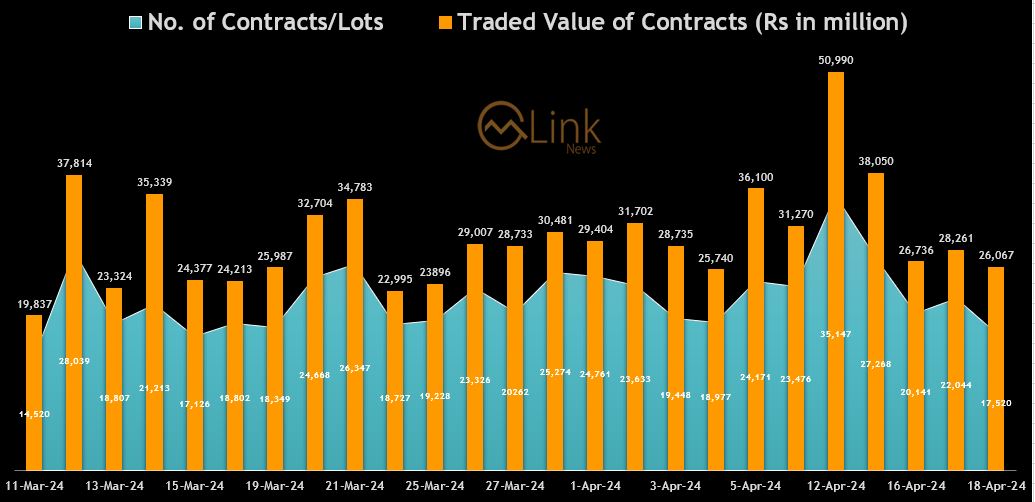One piece of good news in a time of coronavirus doom: You’re probably getting a $1,200 check if you’re single or a $2,400 check if you’re married to help you deal with the fallout of COVID-19. The Senate unanimously...
One piece of good news in a time of coronavirus doom: You’re probably getting a $1,200 check if you’re single or a $2,400 check if you’re married to help you deal with the fallout of COVID-19.
The Senate unanimously passed a $2 trillion bill late Wednesday night aimed at providing relief from the financial impact of the pandemic. In addition to the $1,200 payments for most adults in the U.S., the bill massively expands unemployment benefits for those impacted by the virus. It also provides hundreds of billions in loans to struggling small businesses and larger companies.
The bill is expected to be approved by the House of Representatives on Friday and then be signed into law by President Trump. We’ll update this post as the story develops.
Coronavirus Stimulus Check FAQs: 15 Questions Answered
Here’s what we know so far about the coronavirus relief checks that will be going out soon. This is a developing story, and there are a lot of details that we still don’t know. We’ll answer more questions as information becomes available.
The bill is expected to be approved by the House of Representatives on Friday and then be signed into law by President Trump. We’ll update this post as the story develops.
1. Will I get a check? How much will I get?
If you’re single with an adjusted gross income (AGI) of $75,000 or less, you’ll get $1,200. If you’re married and file a joint return, you’ll receive $2,400 if your combined income is $150,000 or less.
For each child 16 or younger in your household, you’ll get another $500.
If you file as head of household (usually that means you’re a single parent with at least one child who lives in your home for more than half the year), you’ll get $1,200 if your income isn’t over $112,500.
If you’re single and make more than $75,000 or if you’re married and make over $150,000, your check will be phased out by 5 cents for every $1 you earn above these amounts. That means once your income reaches $99,000 if you’re a single filer or $198,000 if you’re married, you don’t get a check.
For people who file as head of household, the phase-out ends at $136,500.
Pro Tip
Calculate your stimulus payment with the Washington Post’s online calculator.
2. What tax return will be used to determine my eligibility?
If you’ve already filed your taxes, your 2019 return will be used. Otherwise, your 2018 return will determine your eligibility. Reminder: This year’s tax filing deadline has been pushed back 90 days to July 15.
3. Who WON’T qualify for the stimulus checks?
If the income on your 2018 or 2019 return is higher than the thresholds listed above, you won’t get a stimulus check. You also won’t get one if you’re a nonresident alien, you don’t have a Social Security number or if someone else claims you as a dependent.
4. I haven’t lost my job or had my hours cut due to coronavirus. Will I still get a check?
Yes. Eligibility is based on your 2018 or 2019 income. Your current employment status isn’t a factor.
5. What if I have lost my job? Does that mean I get extra?
No, you won’t get a larger stimulus check. But you will benefit from the “unemployment on steroids” expansion of benefits for workers who lost their jobs or experienced major loss of income due to the pandemic.
The package gives workers who lost their jobs for reasons related to coronavirus up to $600 per week of additional unemployment benefits on top of their state benefits for 13 weeks. What’s especially unusual about this bill is that it extends unemployment benefits to gig workers, contractors and freelancers who usually don’t qualify.
6. Will I have to pay taxes on the check?

Probably not. It’s a tax credit and isn’t treated as income. If you qualify for $1,200, you’ll receive the full $1,200; no taxes will be deducted.
Where it gets confusing is that the check is actually a credit for your 2020 taxes — but since no one knows how much we’ll earn or how much they’ll owe for 2020, the payments are based on your 2019 return if you’ve already filed it or your 2018 return if you haven’t.
So what happens if you’re single and earned $70,000 in 2019 and your income suddenly soars to $100,000 in 2020? We don’t really know. Technically, you’d be ineligible for the relief check… but there’s nothing in the bill that requires you to pay back the money or even report it as income.
Here’s all of our coverage of the coronavirus outbreak, which we will be updating every day.
7. What if I made too much in 2019 to qualify, but my 2020 income has taken a hit?
If you didn’t qualify because you earned too much in 2018 or 2019, but your income dips below the thresholds in 2020, you won’t get a stimulus check, though you’ll probably benefit from the expanded unemployment benefits if you’ve lost your job due to the pandemic.
While the bill wouldn’t allow you to receive a check based on your 2020 income right now, you would most likely be able to receive the payment as a tax credit when you file your 2020 tax return in early 2021.
8. Where do I find my AGI?
To find your AGI on your 2018 return, look at Line 7 of your 1040. For your 2019 return, you can find it on Line 8b of your 1040 or 1040-SR.
9. What if I didn’t file a tax return in 2018 or 2019?
If you received Social Security benefits, the IRS can use information from your benefits statement to process your check.
But things could get tricky if you didn’t file a tax return and also didn’t receive Social Security benefits for 2018 and 2019.
The solution: File a tax return ASAP. While the IRS website says it doesn’t have any information about stimulus checks yet, it urges non-filers to take action right away.
“Pending legislation includes certain potential credits and rebates for those who have filed a return for 2018 and/or 2019,” it says. “Those without 2018 tax filings on record could potentially affect mailings of stimulus checks.”
Pro Tip
If you need to file a tax return for 2019 or a previous year, check out these free tax-filing resources on the IRS website.
10. Do I still get a check if I’m retired?
Yes, as long as your income isn’t above the limits listed above and you meet the other criteria. If you didn’t make enough money during either year to file a tax return, the government can use your Social Security benefits form to process your payment.
11. Will I still get a check if I owe back taxes?
Yes. Delinquent taxes won’t affect stimulus checks.
12. I already got my relief check in the mail. Is it legit?
No! Any check you’ve already received is fraudulent. Remember: This hasn’t even been signed into law yet.
A few things to remember for when checks are issued: You’ll never have to pay anything upfront to receive a check from the U.S. government, and you’ll never have to provide your Social Security number, credit card number or bank account number to receive your check. The FTC has more information here.
13. How will I get my check?
If the IRS has your bank account information from your past tax returns, it will use that and pay you via direct deposit. If it doesn’t have your bank account info, you’ll get your benefit by mail, but there’s a good chance it will be in the form of a prepaid debit card, rather than a paper check.
14. When will I get my check?
Treasury Secretary Steve Mnuchin said he hopes to get payments out in two to three weeks. However, many observers say it’s highly unlikely that the IRS can make this happen that quickly. Last time the government sent out stimulus checks in 2008, the process took about three months.
15. Is this a one-time deal?
The Senate has only authorized one payment, so for the moment, yes.
What Do You Want to Know About the Coronavirus Stimulus Checks?
There are a lot of things we still don’t know about the coronavirus stimulus checks.
Even the IRS doesn’t have all the answers. Remember, this hasn’t been signed into law yet. As more information becomes available, the IRS says it will publish updates at IRS.gov/coronavirus.
In the meantime, we’ll try to answer as many of your questions as possible. Email DearPenny@thepennyhoarder.com.
Robin Hartill is a senior editor at The Penny Hoarder and the voice behind the Dear Penny personal finance advice column.
This was originally published on The Penny Hoarder, which helps millions of readers worldwide earn and save money by sharing unique job opportunities, personal stories, freebies and more. The Inc. 5000 ranked The Penny Hoarder as the fastest-growing private media company in the U.S. in 2017.
















